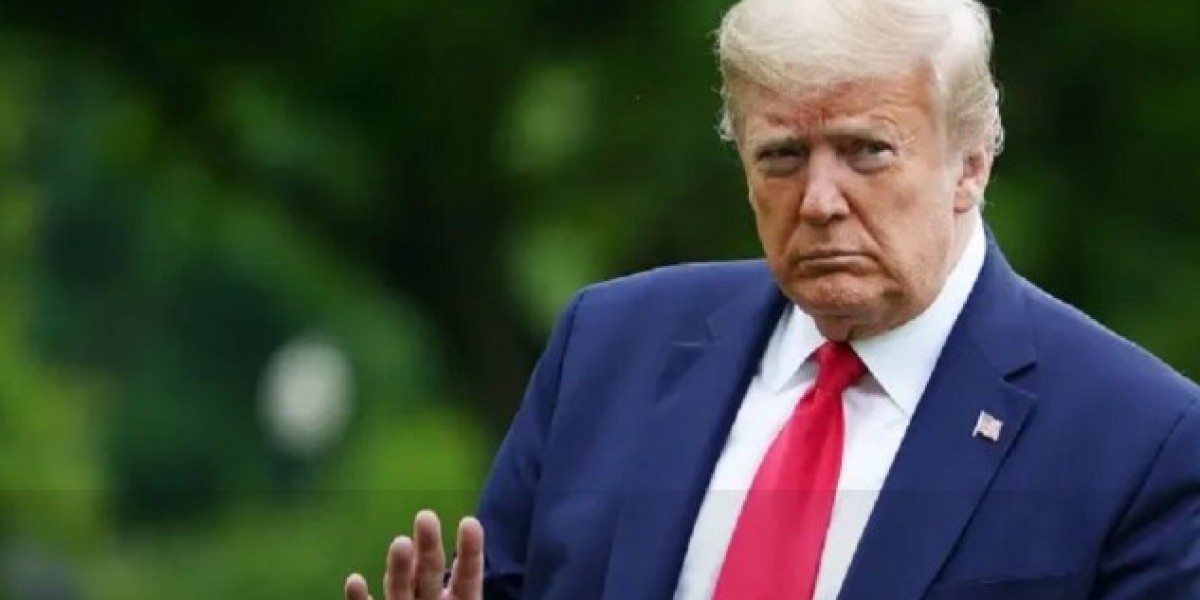countries from entering the
United States on national security grounds. President Donald Trump signed a proclamation on Wednesday.
The announcement is a reflection of Trump's controversial travel ban from his first term, which completely banned citizens of 12 countries - Afghanistan, Burma (Myanmar), Chad, the Republic of the Congo, Equatorial Guinea, Eritrea, Haiti, Iran, Libya, Somalia, Sudan and Yemen - from entering the United States.
In addition, partial restriction
s have been imposed on the entry of citizens of Burundi, Cuba, Laos, Sierra Leone, Togo, Turkmenistan and Venezuela.
The announcement said that the ban would not apply to citizens of these 19 countries who are already lawful permanent residents of the United States or valid visa holders, or whose entry into the United States is necessary in the "national interest."
"President Trump is fulfilling his promise to keep Americans safe from dangerous foreign entities that seek to enter our country," White House spokeswoman Abigail Jackson posted on X (formerly Twitter).
He added, "These common sense restrictions are country-specific and include countries that lack proper vetting processes, high visa-overstay rates, or failures to share identity and threat information."
The travel ban came after
President Trump issued an executive order on his first day in office, ordering stricter vetting and screening processes for immigrants entering the United States, based on national security.
President Trump has taken tough steps in his first four months in office, both on the flow of migrants through the southern border and on legal immigration routes.
During his first term, Trump implemented a travel ban that faced legal challenges and ultimately banned citizens of several Muslim-majority countries from entering the United States. That ban was lifted by President Biden in 2021.
